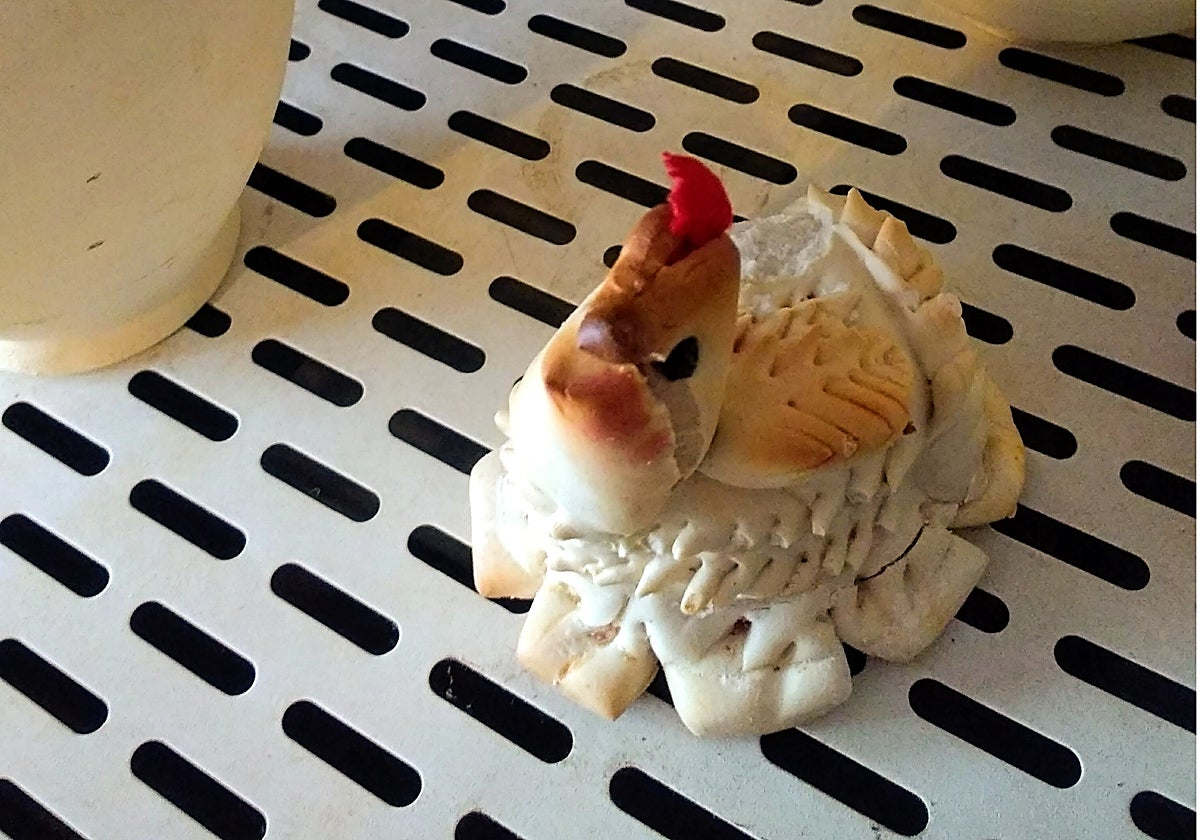Bread hens with an egg inside, an Easter tradition in Andalucía
The 'hornazo de Priego' is a tradition on Good Friday that adults and children have fun preparing in this Cordoba town
Alekk M. Saanders
Jueves, 6 de abril 2023, 14:14
In Andalucía Easter time is more about the religious side of the festival, filled with masses and processions by the brotherhoods. There are few Easter egg hunts or giant bunnies or hens.
However Andalucía has its own Easter egg traditions which go back to the celebration of the end of the privations of Lent. In the town of Cañada Rosal in Seville province huge colourful eggs are placed in the main streets. There, anyone can also have the chance to paint a real, hard-boiled egg.
Much closer to Malaga, there is another town where eggs are eaten during Semana Santa. Priego de Córdoba is situated about 100 km from the Costa del Sol. Few know that there you can taste and even buy so-called 'hornazos' - an Easter egg inside a pastry hen.
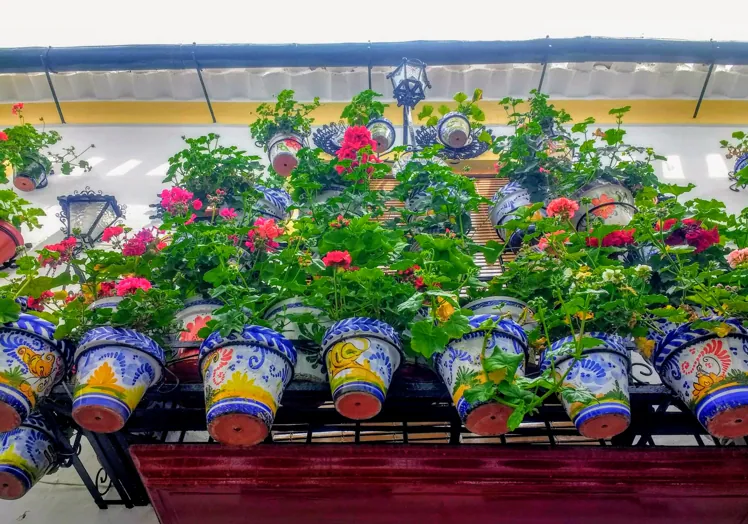
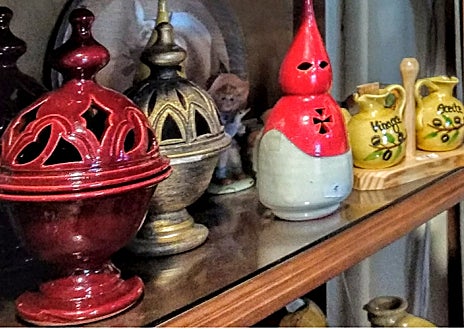
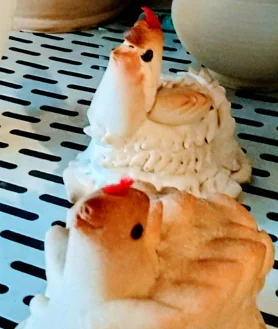
'Hornazos de Priego' are sold in the small food and souvenir shop Casa Tomás in Calle Jazmines. This pastry in the shape of a hen with a hard-boiled egg inside is prepared to be eaten on Good Friday on the climb to Calvario after receiving the blessing.
“We have this tradition because long ago, eggs were considered a sort of meat, and were therefore prohibited during Lent. Obviously, this did not stop the chickens from laying. So, the eggs were preserved by hard-boiling them, and then used for cooking in dishes like the 'hornazo'. Apparently that's how the Easter egg tradition might be explained. In any way, their exact origins are unknown,” Tomás, the owner of the shop in Priego de Córdoba, told SUR in English.
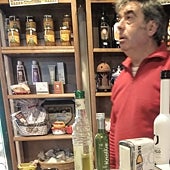
'Hornazos de Priego' are sold in a small food and souvenir shop Casa Tomás
Tomás not only tells stories and legends about some of the local products sold in his shop, he might also share some recipes.
“It must be stressed that the 'hornazo' is typical of many areas of Spain and, depending on the area it comes from, it is made in one way or another. There are both sweet and savoury 'hornazos'. In Priego de Córdoba we prepare sugar-free ones. For four little 'hens' you will need 350g of wheat flour, 300ml of warm water, 2 tbsp of mild olive oil or sunflower oil and a teaspoon of salt. After mixing well all ingredients, it is necessary to knead the dough until it comes away from your hands and the bowl. The dough will be ready after leaving it to rest for about 20 minutes,” Tomas explained.
Making a hen from dough is a fun process that local children enjoy taking part in. They help by making the 10-centimetre holes where the hard-boiled eggs are placed.
The egg is then covered with another piece of dough that in the end must look like a hen, with wings made of two small pieces. A little of the hard-boiled egg should be uncovered, sticking out of the back of the hen. Sealing the dough on all sides with a fork must be done too. Two small black peppercorns are used for the eyes of the hen, and with help of a small piece of red pepper the crest is formed, (or with the rest of the dough). The hens are baked in an oven preheated to 200C, for 30 minutes at 180C, until they are golden brown.
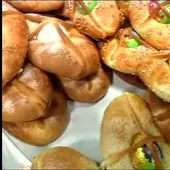
Sweet 'hornazos' can be found in Andalucía in Almeria province
Incidentally, on Good Friday, people in Priego de Córdoba order the 'albóndigas de Semana Santa' (Easter meatballs) in the restaurants and for dessert they also ask for the 'palillos de leche' (cinnamon fingers).
As for sweet 'hornazos', these can be found in Almeria province. Local 'hornazos' of Vera, Antas, Turre, Garrucha, Mojacar, Vélez Rubio, Pulpí and Cuevas del Almanzora are made of sweet bread, with a plait on top that encloses a hard-boiled egg.
